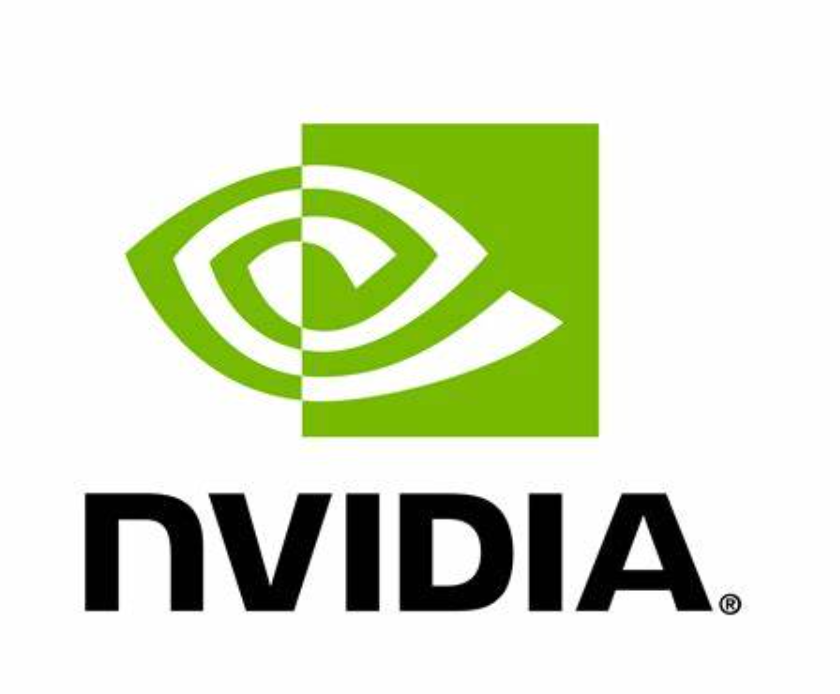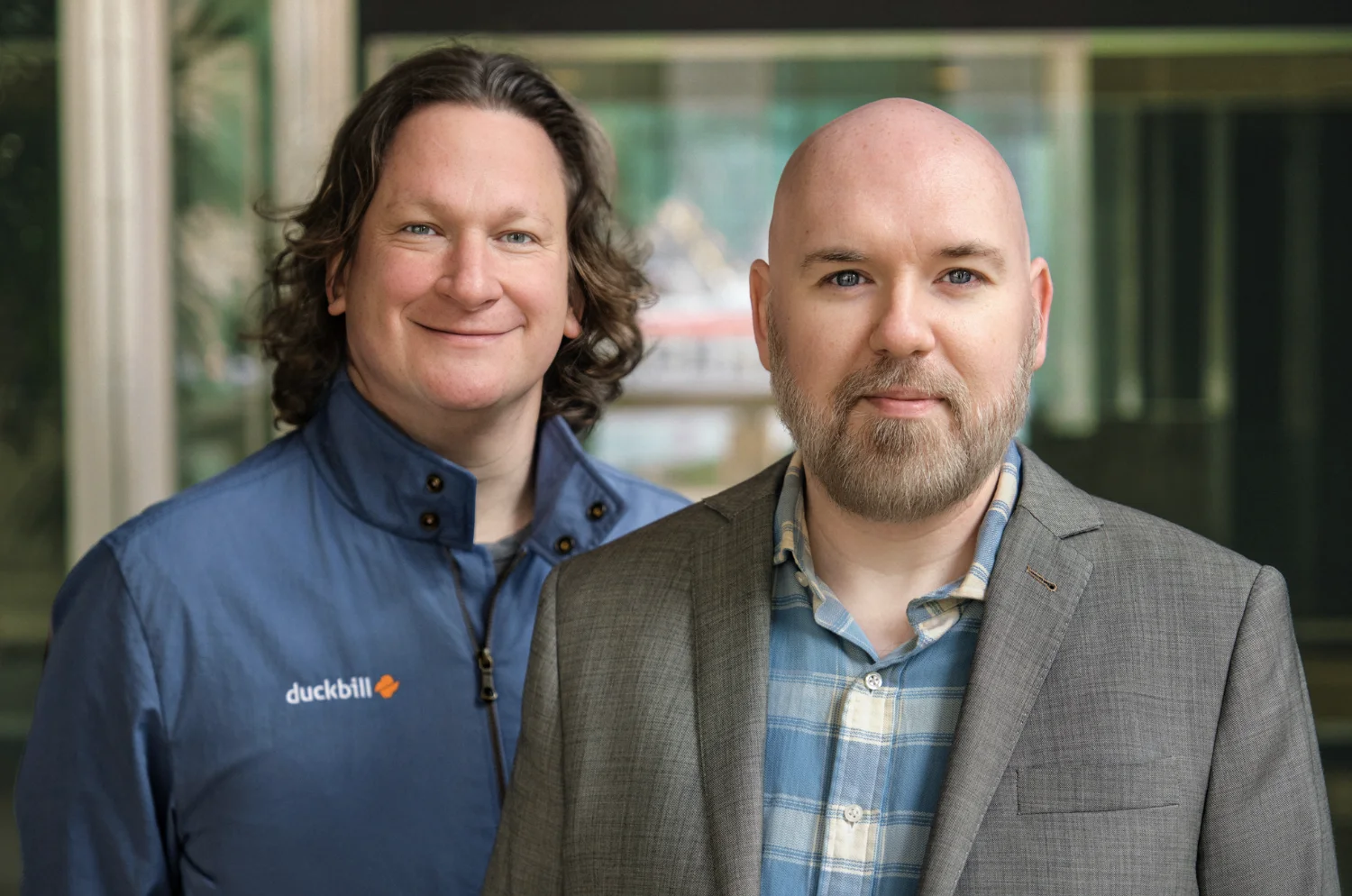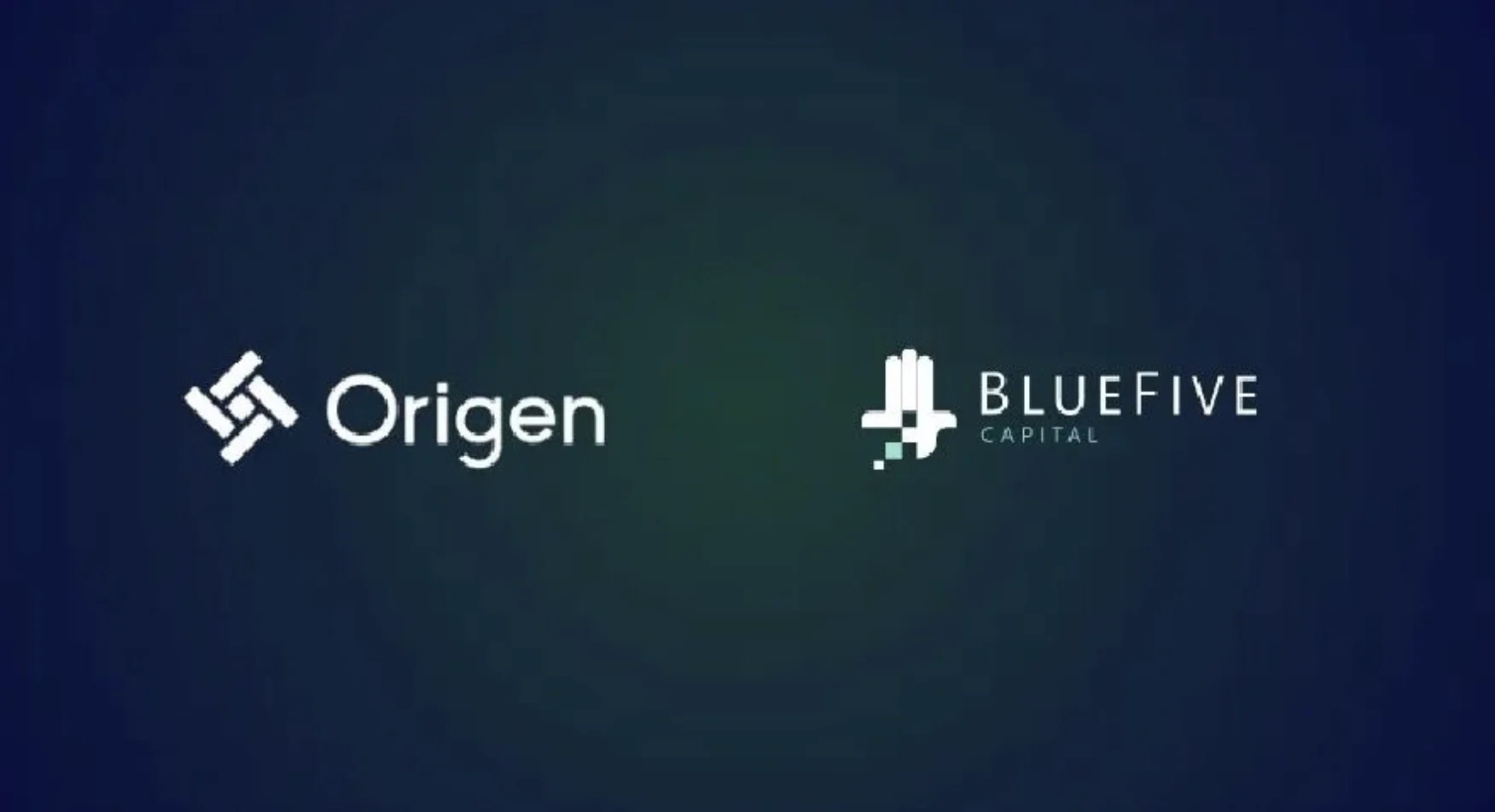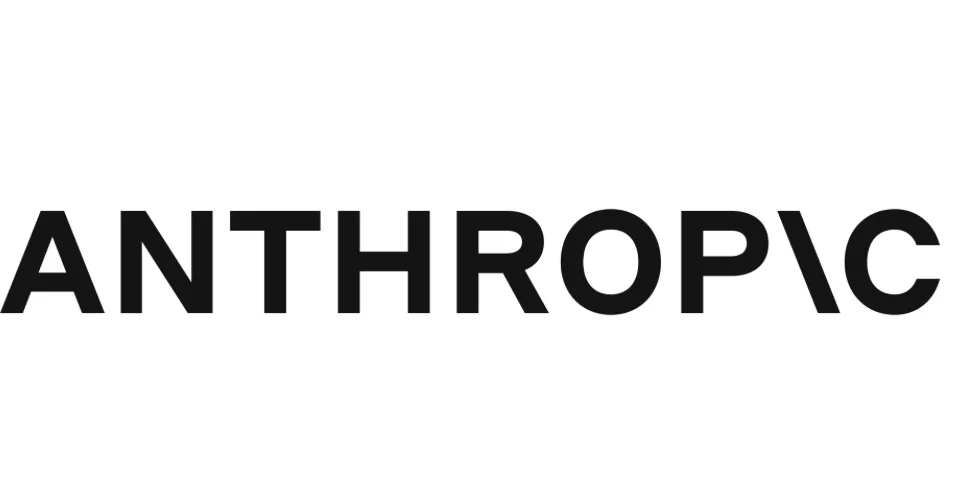In a recent interview, NVIDIA CEO Jensen Huang discussed the transformative impact of artificial intelligence on the workforce and the unprecedented demand for the company’s cutting-edge AI chips. Huang underlined that AI is not about replacing jobs entirely but revolutionizing how tasks are performed.
“AI can do a lot of our tasks, but it can’t do 100% of our jobs,” Huang said. He dismissed fears of AI fully automating work, calling the idea “very, very unlikely and impractical any time on the horizon.” Instead, he explained that AI will increasingly take on 20%, 30%, or even 40% of various tasks across all jobs, reshaping roles rather than eliminating them. “It is really important that everybody should learn how to use AI,” he added, noting that the key risk lies in being outpaced by individuals who adopt AI rather than AI itself.
NVIDIA’s Hopper and Blackwell computing systems are at the forefront of this revolution. Huang described the demand for these systems as “incredible,” fueled by global efforts to modernize data centers. He explained that these platforms are fundamentally changing computing, shifting from software written by humans to machine learning models running on GPUs.
Huang also addressed supply chain challenges, noting the difficulty of keeping pace with global demand.
“Demand is greater than supply. We need to get more out,” he admitted. To tackle this, NVIDIA is ramping up production of its Blackwell systems, which Huang believes will meet the needs of AI-native companies building their operations from the ground up.
Huang likened the rise of generative AI to the advent of electricity in the last industrial revolution.
“We are now producing this miracle called artificial intelligence,” he said, framing it as a transformative force that will impact every industry. Nations worldwide are recognizing the importance of developing their own AI infrastructure. “In just about every single country, they realize their nation’s data and intelligence are critical, and they have to do it themselves,” he observed.
Huang encouraged everyone to engage with AI tools, stating, “Jump on AI; I encourage everybody to use it.” He pointed to applications like ChatGPT and Perplexity as examples of how AI can enhance daily tasks. For Huang, the focus is not on fear but opportunity: “They’re not going to lose their jobs to AI; they’re going to lose their jobs if it happens to someone who uses AI.”
With NVIDIA at the helm of the AI revolution, Huang remains optimistic about its potential to transform industries, create efficiencies, and empower the workforce in a way that complements human ingenuity.






